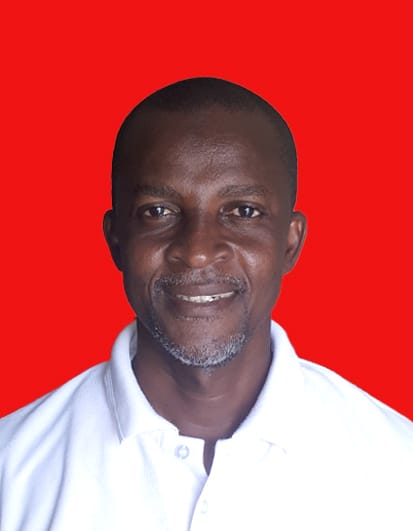
Share this
To vote or not to vote in the upcoming general elections
( A case of frustrated voter)
By Muyid Deen Suleman
Kumasi, December 2 ,2024 – To vote or not to vote in the 2024 general elections in Ghana is a pivotal decision that many citizens are grappling with.
The realm of politics has undeniably seeped into every facet of Ghanaian life, shaping conversations, decisions, and even daily interactions.
Whether it’s the vibrant campaign rallies that electrify the streets or the heated debates that echo through communities, politics has truly become the heartbeat of the nation.
Amidst this political fervor, there exists a stark divide among voters. While some individuals find solace and purpose in engaging with political discourse, others are left feeling disillusioned and disheartened.
These frustrated voters, disillusioned by broken promises and unmet expectations, struggle to see the tangible benefits of participating in the political process. For them, the once noble pursuit of democracy has been tainted by corruption, inefficiency, and unfulfilled potential.
Take, for instance, a disillusioned voter in a rural village who has witnessed generations of politicians make grand promises during election season, only to vanish once votes are cast.
Or consider a young professional in the bustling city of Kumasi jaded by the endless cycle of political scandals and power struggles that seem to overshadow any genuine progress.
Despite the challenges and frustrations that many voters face, it is crucial to remember the power and significance of each vote cast. Every ballot holds the potential to shape the future of Ghana and influence the trajectory of the nation.
As the 2024 general elections loom on the horizon, the decision to vote or abstain carries weighty consequences that extend far beyond individual grievances.
In this complex landscape of political engagement and disenchantment, it is imperative for citizens to critically evaluate their role in shaping the destiny of their nation.
The choice to vote or not to vote is not merely a personal decision but a collective responsibility that impacts the fabric of Ghanaian society.
As the voices of frustrated voters echo through the corridors of power, it is essential to seek solutions that bridge the gap between political ideals and practical realities.
Only through informed, engaged, and empowered citizenry can Ghana truly fulfill its democratic potential and pave the way for a brighter future for all.




